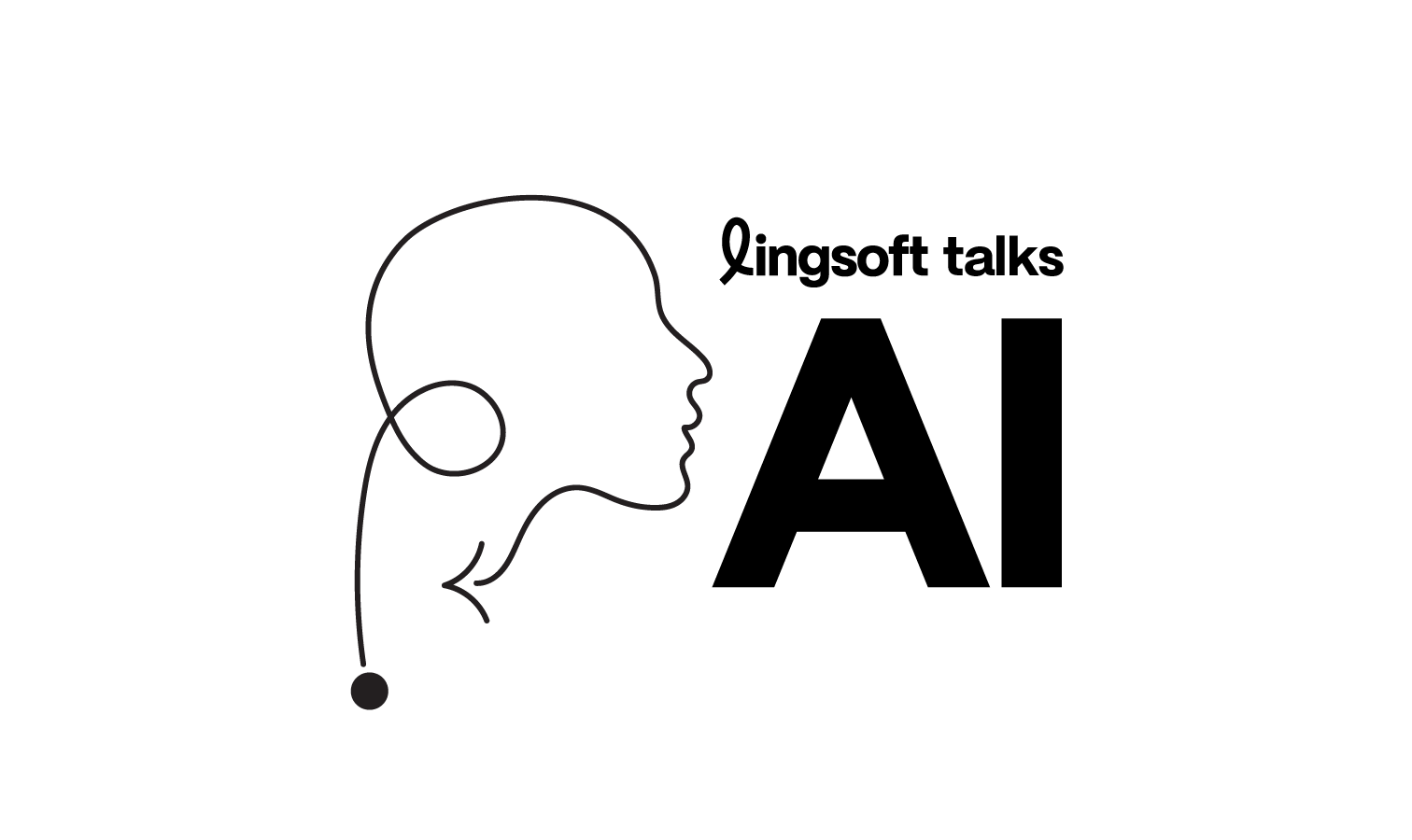Lingsoft has been using AI in its business for 40 years. Lingsoft talks AI is a series of articles in which our own experts give their views on AI and its use and potential in the language sector.
“People are still responsible for the content”
AI brings extraordinary potential to the language sector – but also a whole host of questions. Tiina Lindh-Knuutila, who works as Solutions Architect at Lingsoft, has an insight into the use of artificial intelligence in language technology that comes from both practical work and scientific research.
Tiina Is a Doctor of Science in Technology and combines her day job at Lingsoft with her research work. Part of her working week is spent in the academic world, as a member of a working group at Aalto University.
“We’re making computational models of word formation, and our team is looking at representing meaning computationally, using vectors. But let’s not go into that too deeply,” laughs Tiina.
Help for handling large amounts of text
Tiina says it is good to understand that much of the work in the language field is “heavy mining”, dealing with large volumes of text, which are then translated and summarised. According to her, AI is particularly suitable for this kind of work.
“The sheer volume of language material creates a constant need to pick up the essentials and enable communication in a meaningful and quick way,” she continues. “Speech recognition, machine translation, summarising and revision, as well as automatic quality assurance are the big things that need AI.”
“Human in the loop”
According to Tiina, language technologies have come a long way since the days of word-for-word translation. The results of neural network-based machine translation were already starting to be closer to natural language compared to statistical machine translation. The most recent generative language models, on the other hand, are able to create a language that seems very natural.
Generative language models can be used to create match reports from statistical data for sports news, or even summaries of articles. Tiina Lindh-Knuutila still believes that qualitative aspects will continue to be crucial, and that people and human language will continue to be needed in the future.
“I don’t see a machine replacing a human being in literature, for example,” she says. “But then again, it all depends on us humans – how far are we prepared to go in allowing the use of AI?”
While AI can automate routine tasks, Tiina stresses that humans are still a necessary part of the process.
“At Lingsoft, we have the ‘human in the loop’ model where a human is responsible for ensuring that everything is in order in the text, and that the content produced by the AI is of high quality and makes sense in every respect,” says Tiina.
Data security the number one priority
When using AI, data security is key. Lingsoft only uses servers that have been verified and certified as trustworthy, and no third-party services are used for speech recognition or machine translation.
“It’s clear that security is of the utmost importance to us, and we ensure that no customer data is leaked to third parties,” emphasises Tiina. “For example, with speech recognition all data remains confidential and neither the speech nor the identification results are stored in the systems, which is an important part of data protection.”
Looking ahead, Tiina believes that the rapid progress will continue, but she also hopes that the understanding of data autonomy and independent language technology development will be strengthened.
“I believe that, in the future, we will be better able to use our own data and avoid over-reliance on Big Tech. It’s not worth outsourcing everything, and the strength of smaller players lies in specialisation and modular models. And here too, the cooperation between human and machine is important,” concludes Tiina.
Categories:

